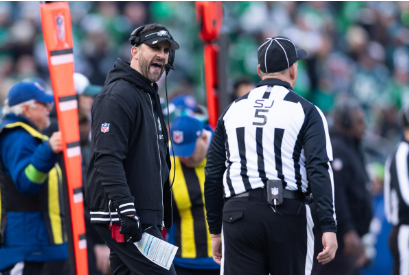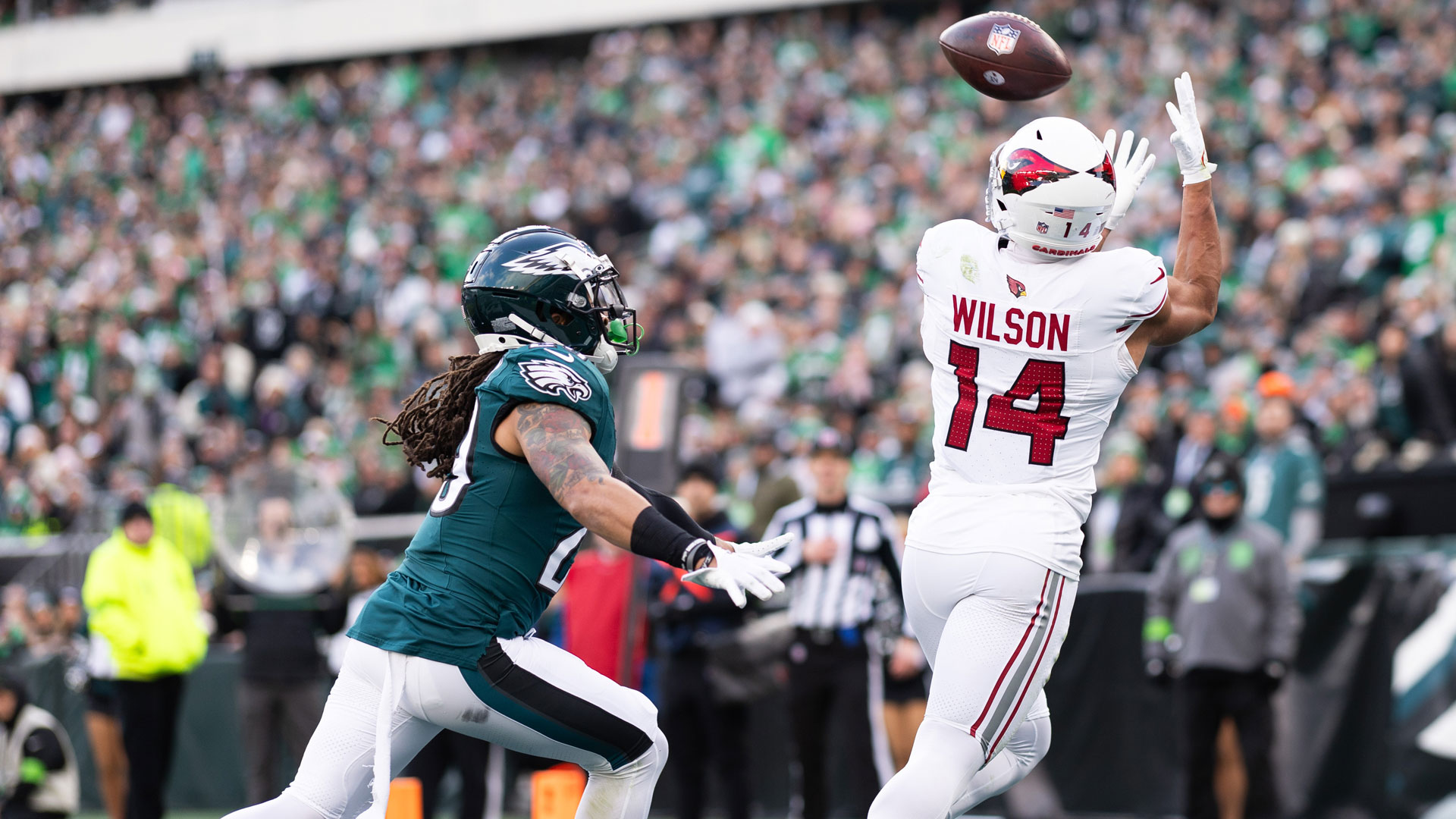
Nick Sirianni faced significant criticism, rightfully so, for the Eagles’ conservative play calling during the fourth-quarter field goal drive that briefly gave them the lead before the Cardinals’ game-winning drive. The approach was passive, conservative, and confusing, leading to embarrassment.
By opting for a field goal instead of pushing for a touchdown, Sirianni and Brian Johnson played into the hands of Cardinals coach Jonathan Gannon, whose team scored touchdowns on all four second-half drives. Sirianni, reflecting on the decision a day later, expressed self-doubt about not being more aggressive in attacking down the field on the plays preceding Jake Elliott’s field goal with 2 ½ minutes left.
While Johnson is the offensive coordinator and play caller, Sirianni, as the head coach, acknowledged that it’s his offense, and he took responsibility for the conservative decisions. Despite liking the calls in the four-minute offense after recovering the onside kick, Sirianni admitted he could have been more aggressive, emphasizing his commitment to self-evaluation.

Although Elliott’s field goal briefly gave the Eagles a 31-28 lead, the Cardinals easily drove down the field and secured a 35-31 lead with 32 seconds remaining. The defeat dealt a severe blow to the Eagles’ chances of winning the NFC East and securing the No. 2 seed.
Sirianni’s decision to play for a field goal appeared to overlook the defense’s struggles throughout the game, as the Cards had consistently scored. Sirianni defended the play calls, stating that there was aggression in the decision-making but acknowledged that, in hindsight, a more aggressive approach might have been better.
The Eagles’ recent second-half struggles, being outscored 68-30 in their last three games, added to the frustration. Sirianni emphasized the constant evaluation of decisions and scenarios, acknowledging the challenges coaches face and the importance of learning from each experience to improve.
In trying to balance clock management and aggression, Sirianni admitted it’s a challenging task, and he hoped the team could emerge from the experience cleaner and better equipped for future situations.
Leave a Reply